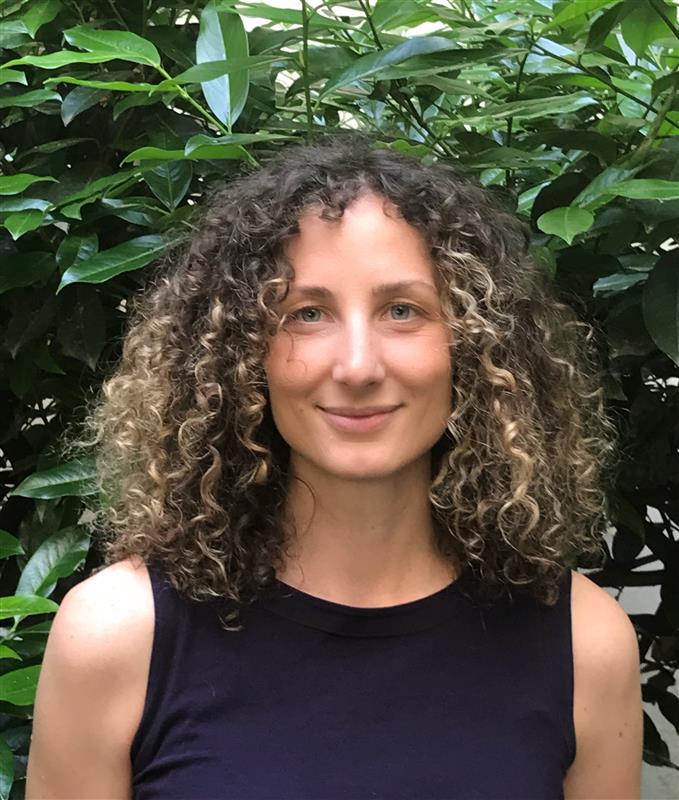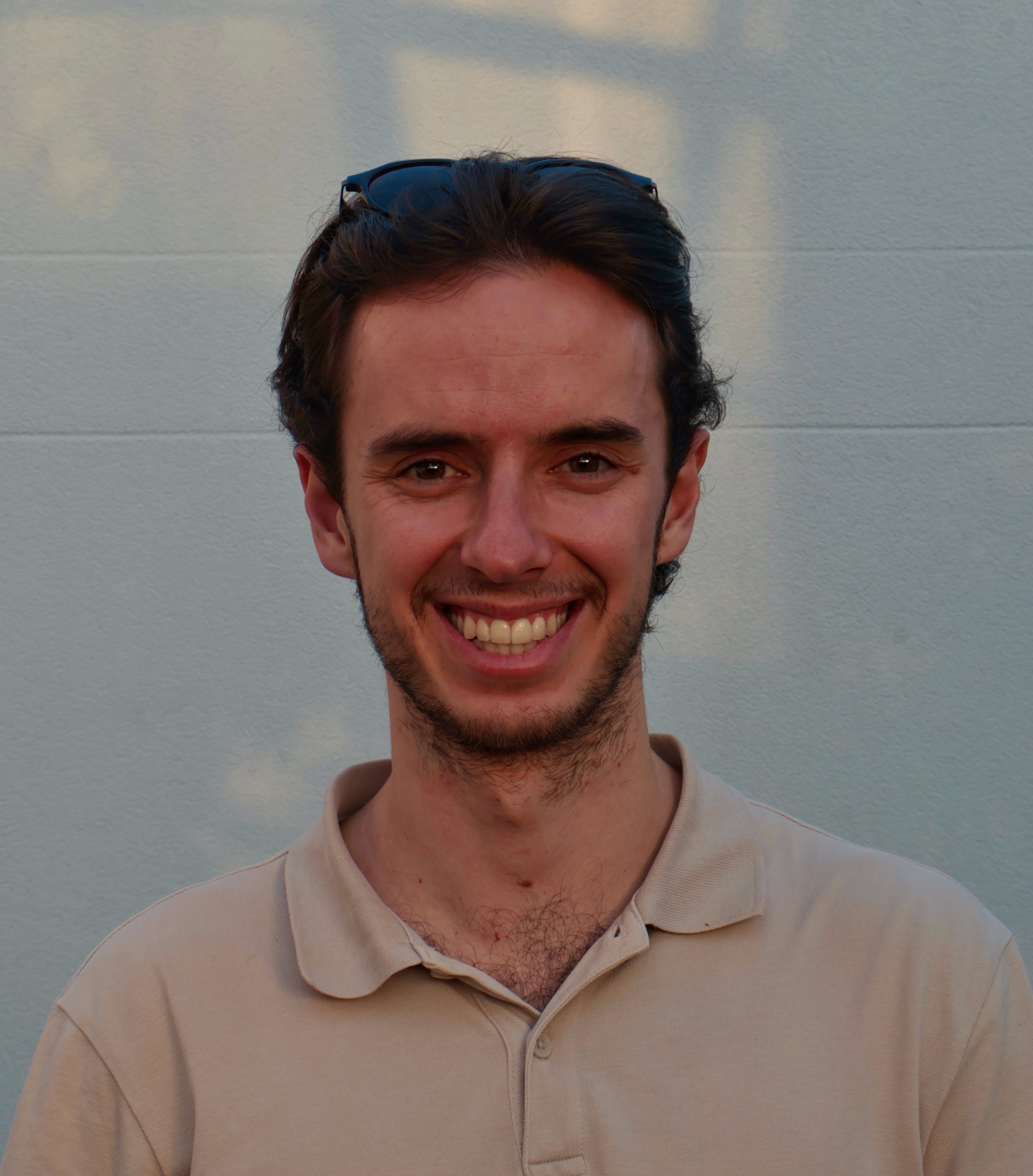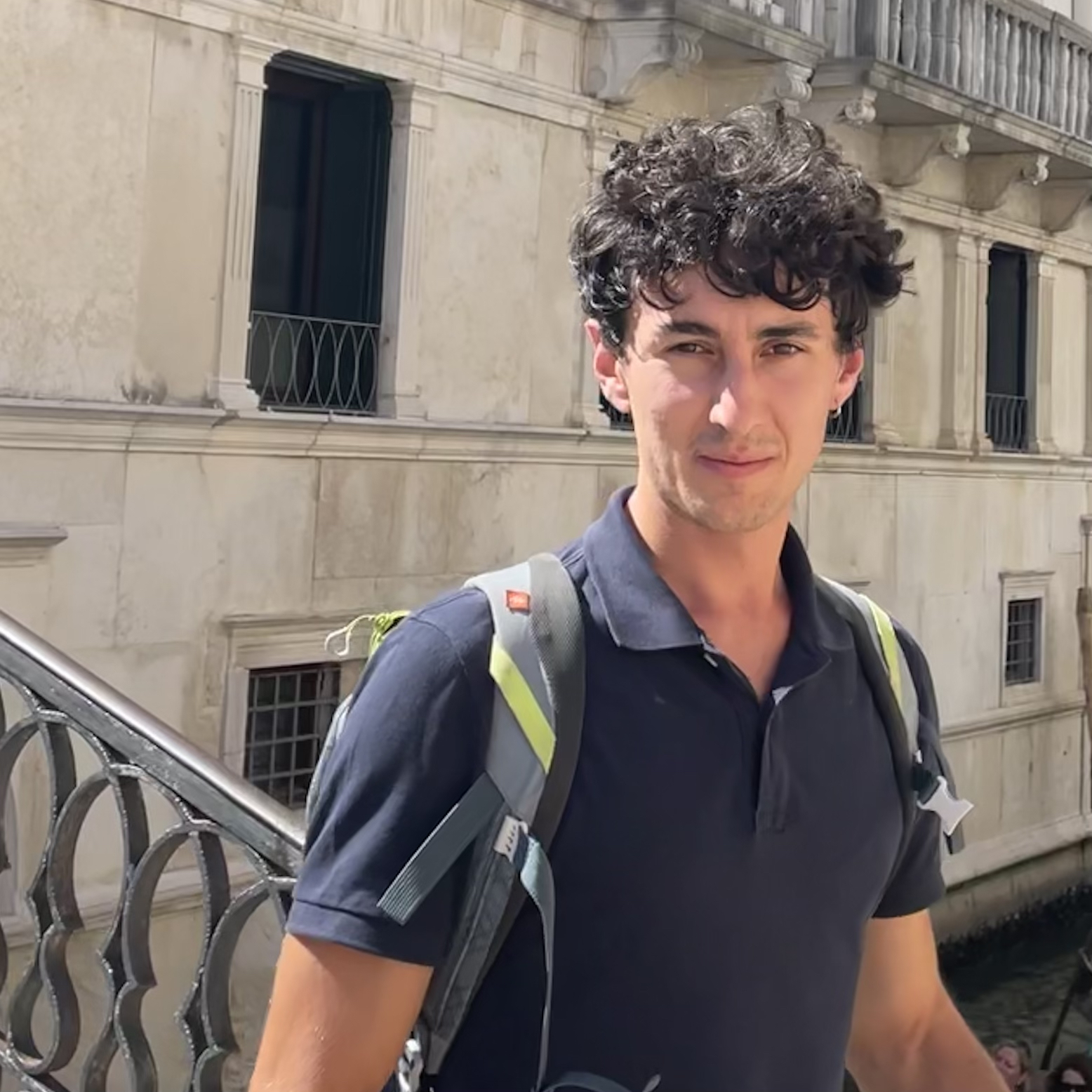Empowering Rural Innovation Ecosystems: Insights from University of Bologna Mentors on the RURACTIVE Methodology
The Rural Innovation Ecosystem (RIE) methodology lies at the heart of the RURACTIVE project, guiding communities across Europe in co-creating solutions that respond to their unique challenges and opportunities. The methodology is designed to work in practice across the variable contexts of rural life such as physical remoteness, low population density, and the need to navigate tensions linked to inclusion, power asymmetries, or conflicting priorities. At the same time, it ensures the consistent integration of three cross-cutting priorities often neglected in development: climate change mitigation and adaptation, social justice and inclusion, and biodiversity.
Over the past 24 months, University of Bologna mentors have been working closely with the project’s 12 Dynamo areas to put the RIE methodology into practice. The following insights are reflections from some of the mentors who have been working closely with local communities to help co-design place-based solutions which have recently entered the start of their 2-year implementation phase.

“It was incredibly inspiring to see each community adapting the methodology to reflect their own priorities, using its emphasis on social justice, inclusion, and gender equity to empower rural women and marginalised groups in ways that were meaningful to them. A key challenge was supporting communities in bridging the gap between academic concepts and the realities on the ground—especially given the range of cultural, geographic, and institutional settings. Being part of this shared learning journey while watching ideas evolve into concrete, co-designed solutions has been one of the most rewarding aspects of this process.” - Caterina Selva
“To me, the strength of the RIE methodology really lies in its focus on empowering communities to drive the changes that they support and desire. It has been exciting to see how this community-led process establishes a strong feeling of ownership and pride in the solutions being developed. Guiding them through continuous reflection on core societal priorities throughout the project’s timeline has also highlighted how much impact mere reflection and open dialogue can have on creating a more inclusive future for rural areas, while ensuring greater sustainability and integration of the natural world that we are all so heavily reliant on.” - Tyler von der Heyden


“The way the methodology has been designed, carefully thought through, yet flexible, really stands out. It’s not about replicating the exact model in 12 Dynamos, but rather about supporting and guiding a tailored application that fosters long-term impact. As we move forward, continuing to monitor and evaluate will be essential to ensure that impacts are sustained. I also believe the connections created among the Dynamos have built a strong bond, one that should be nurtured and expanded in the future. There is great potential for this methodology to be embraced by other rural and mountain communities, where co-created, place-based solutions are necessary.” - Francesco Vettore
As the implementation phase begins, we look forward to seeing rural communities grow stronger together, co-creating sustainable futures through the RURACTIVE methodology.
